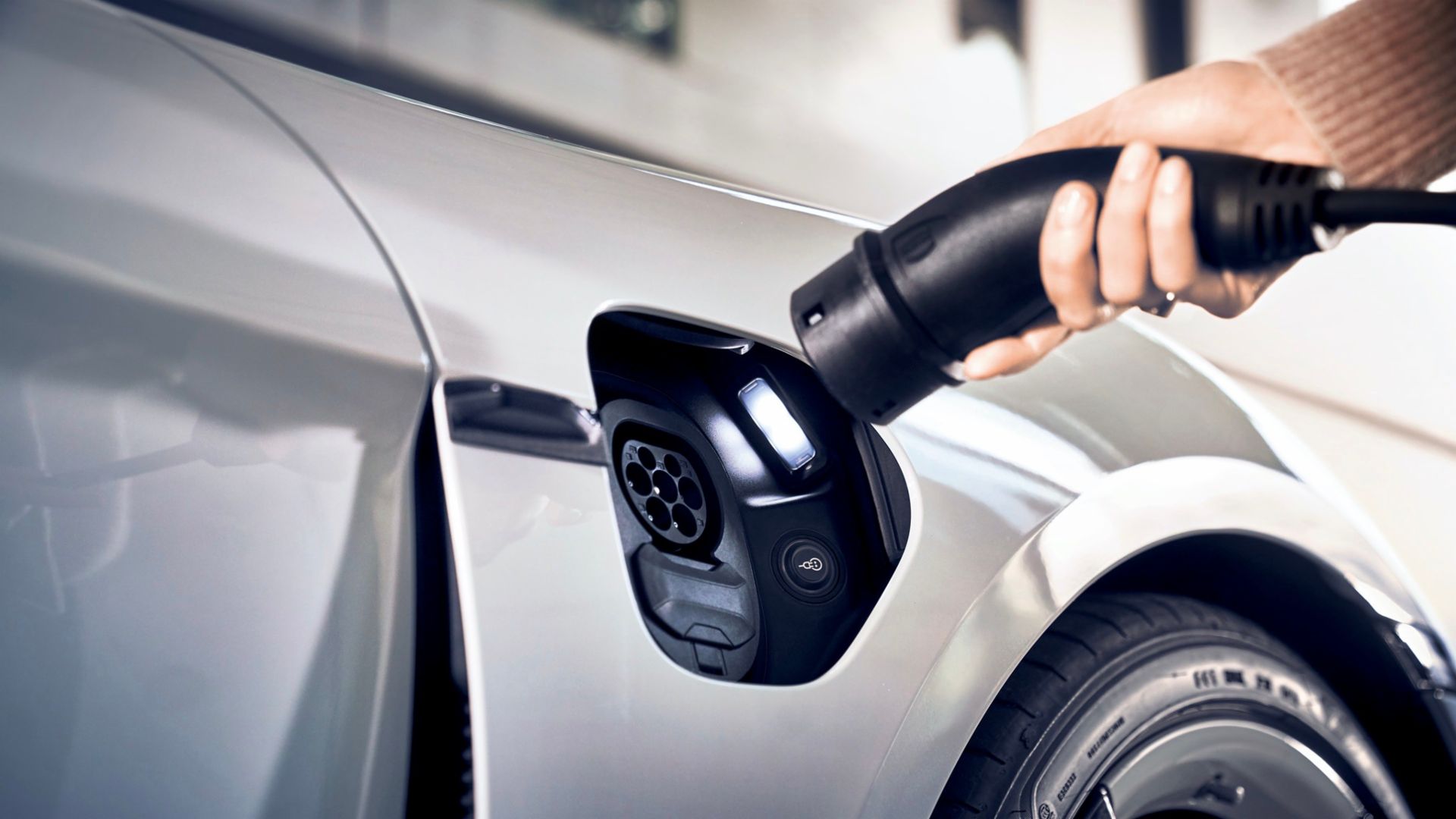Kansas legislature is trying to implement a double tax on EVs since we aren't paying for road maintenance through the excise tax on gasoline sales.
In Kansas there is currently a 18.4 cent/gallon federal tax on gasoline and a 24.03 cent/gallon state tax on gasoline. Fuel taxes in the United States - Wikipedia To make up for the lack of paying road taxes through gasoline purchases, Kansas implemented a $70/year premium on yearly license plate fees for EVs. The base registration fee on a car is $30/year and the base registration fee on an EV is $100/year. That does not include property tax and a few other fees. The $70 premium on your license plate is the equivalent to the state tax on 288 gallons of gasoline. For a vehicle that gets 30 mpg, that's equal to 8,640 miles of driving each year. I didn't complain when this increased registration fee was introduced in the 2019 legislative session Kansas Department of Revenue - News - 12-13-2019 Electric and hybrid vehicle owners to see change in registration fees
Now, Representative Bill Rhiley | Legislators | Kansas State Legislature has introduced HB 2488 | Bills and Resolutions | Kansas State Legislature which aims to double tax electric vehicle owners.
This bill will enact a 3 cent/kWh tax on all electricity provided by public charging station. A "Public charging station" means "any device or infrastructure that supplies electricity to the public for the charging of an electric vehicle. "Public charging station" does not include such a device or infrastructure located at a primary residence." This applies even for charging facilities that give electricity away for free. Penalty for not paying the proper tax to Kansas is punishable by a $25/kWh fine (minimum: $5,000 maximum: $50,000) and/or 30-365 days in jail.
There are so many things wrong with this. The biggest is that the 3 cent/kWh fee is a double taxation on the stated goal of recovering lost road taxes since they are already receiving that with the higher registration fees. Many EV charging stations have been installed without any monitoring capabilities. There is no way to determine how many kWh were delivered each year on these installations. On top of that, the definition of public charging station is so generically written ("any infrastructure") that someone would be subject to a fine and jail time if a 3rd party put an entry on PlugShare for an electric outlet on the outside of a building.
The bill was introduced on Jan 18, 2022 and went to the Committee on Transportation. Current members of that Committee are:
In Kansas there is currently a 18.4 cent/gallon federal tax on gasoline and a 24.03 cent/gallon state tax on gasoline. Fuel taxes in the United States - Wikipedia To make up for the lack of paying road taxes through gasoline purchases, Kansas implemented a $70/year premium on yearly license plate fees for EVs. The base registration fee on a car is $30/year and the base registration fee on an EV is $100/year. That does not include property tax and a few other fees. The $70 premium on your license plate is the equivalent to the state tax on 288 gallons of gasoline. For a vehicle that gets 30 mpg, that's equal to 8,640 miles of driving each year. I didn't complain when this increased registration fee was introduced in the 2019 legislative session Kansas Department of Revenue - News - 12-13-2019 Electric and hybrid vehicle owners to see change in registration fees
Now, Representative Bill Rhiley | Legislators | Kansas State Legislature has introduced HB 2488 | Bills and Resolutions | Kansas State Legislature which aims to double tax electric vehicle owners.
Establishing the EV energy equity road repair tax act and providing for a road repair tax on electricity distributed from a public charging station for electric vehicles.
This bill will enact a 3 cent/kWh tax on all electricity provided by public charging station. A "Public charging station" means "any device or infrastructure that supplies electricity to the public for the charging of an electric vehicle. "Public charging station" does not include such a device or infrastructure located at a primary residence." This applies even for charging facilities that give electricity away for free. Penalty for not paying the proper tax to Kansas is punishable by a $25/kWh fine (minimum: $5,000 maximum: $50,000) and/or 30-365 days in jail.
There are so many things wrong with this. The biggest is that the 3 cent/kWh fee is a double taxation on the stated goal of recovering lost road taxes since they are already receiving that with the higher registration fees. Many EV charging stations have been installed without any monitoring capabilities. There is no way to determine how many kWh were delivered each year on these installations. On top of that, the definition of public charging station is so generically written ("any infrastructure") that someone would be subject to a fine and jail time if a 3rd party put an entry on PlugShare for an electric outlet on the outside of a building.
The bill was introduced on Jan 18, 2022 and went to the Committee on Transportation. Current members of that Committee are:
Chair
Vice Chair
Ranking Minority Member
Members
Edit: To put a number on the proposed tax, last year, My Model 3 consumed 5,250 kWh (most of which was done at home) for 15,703 miles of driving. 3 cents per kWh would come out to $128.31 for that much electricity if it was all consumed at "public charging stations".
Last edited:





